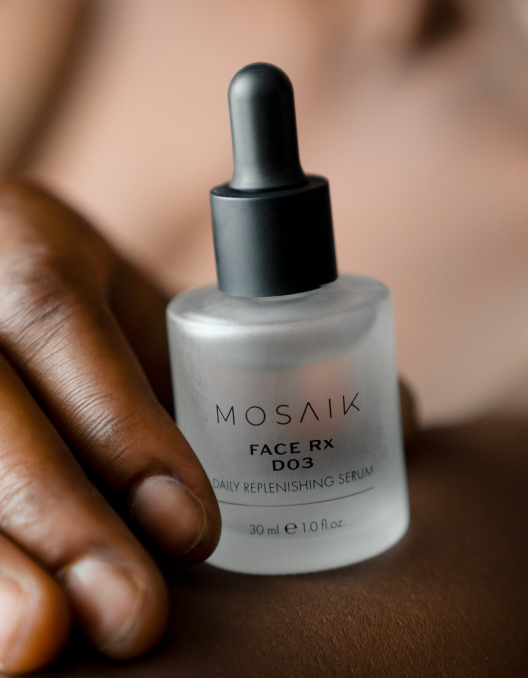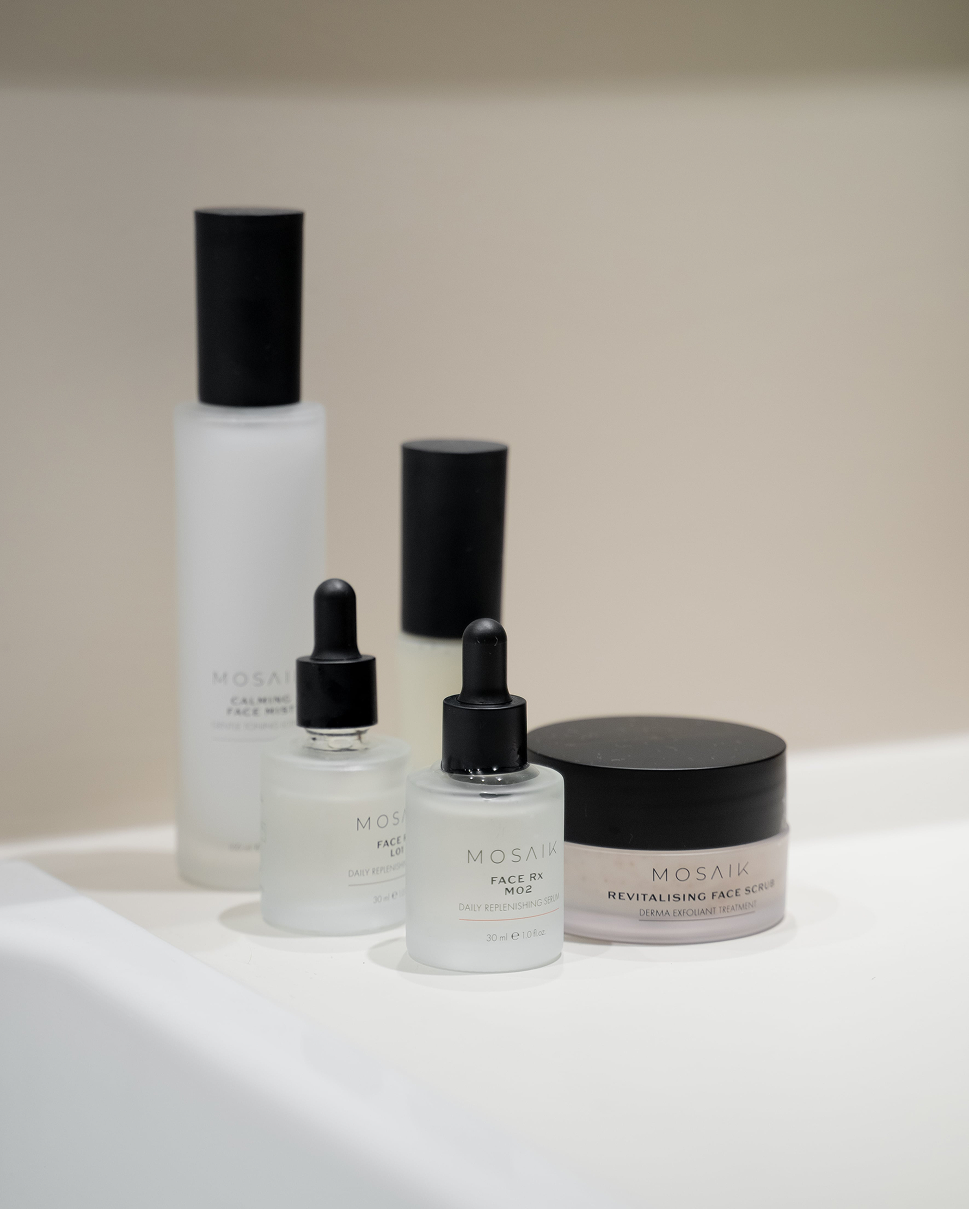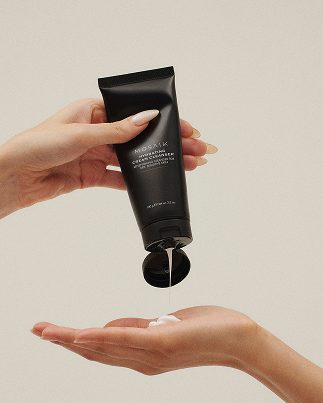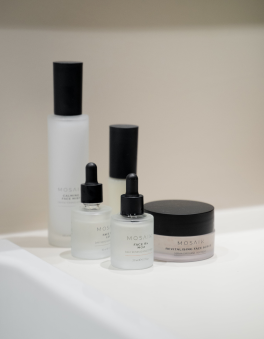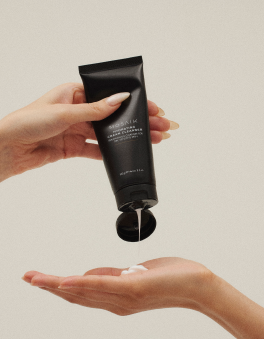Japan has long been a quiet pioneer in the global skincare landscape—not by following trends, but by shaping them. From layering techniques to water-light emulsions, the country’s beauty industry has consistently championed skin health through balance, precision, and sensorial experience.
Today, Japan remains firmly at the forefront of skincare innovation, leading the way in integrating cutting-edge science with time-honoured rituals. One of the most exciting developments? The rise of regenerative skincare, including the application of stem cell technology—a science once reserved for the lab, now making waves at the bathroom sink.
From Nature to Lab: The New Wave of Japanese Formulation
Japanese innovation is rarely about flashy disruption. Instead, it reflects a quiet evolution — one rooted in deep respect for skin physiology. Many of today’s high-tech ingredients and delivery systems are designed not to overwhelm, but to enhance the skin’s own regenerative intelligence.
Key advancements driving this next generation of skincare include:
Plant-Based Stem Cell Technology:
Far from controversial, the stem cells used in modern skincare are often derived from botanicals like apples or edelweiss. These stem cell extracts are rich in growth factors and antioxidants, helping to stimulate cell turnover, enhance collagen production, and protect against oxidative stress—making them valuable in formulations targeting early signs of ageing and environmental damage.
In Japan, where skincare is preventive rather than corrective, these technologies are being incorporated not as quick fixes, but as long-term allies in maintaining skin vitality.
Encapsulation & Microdelivery Systems:
Japanese formulators are innovating beyond just the what — they're reimagining the how. Advanced encapsulation techniques allow active ingredients like Vitamin C, retinol, and peptides to be delivered deeper into the skin without destabilising or irritating it. This means more effectiveness, less risk, and better synergy with daily routines.
Biomimetic Formulations:
The skin knows what it needs. Modern Japanese skincare embraces this with biomimetic ingredients — lab-developed components that mimic the skin’s natural lipids, proteins, and moisture factors. These formulations offer superior absorption and barrier support, while remaining gentle and non-disruptive.
Think ceramide complexes that mirror the skin’s own structure or amino acid blends designed to replenish what’s lost through stress, climate, or age.
Balancing Innovation with Integrity
While technology evolves rapidly, Japanese skincare remains grounded in a central truth: the best results come from working with the skin, not against it. That’s why many new innovations are seamlessly blended into minimalist routines—no fuss, no layers of conflicting actives, just intelligently designed products that do more with less.
This approach also speaks to MOSAIK’s values: formulations that respect skin’s rhythms, paired with thoughtful design and culturally aware solutions for diverse skin types.
Where Tradition Meets Tomorrow
Despite the modernity of stem cell science and smart delivery systems, Japan’s beauty culture never forgets its roots. Innovations are developed not in opposition to tradition, but in dialogue with it—inspired by centuries-old ingredients, rituals, and philosophies.
Take, for instance, how fermented ingredients like rice bran or saké extract—once seen as ancient staples—are now being stabilised with biotech to enhance their potency. Or how modern labs are isolating individual active compounds from traditional herbs, bringing scientific clarity to folk wisdom.
The future of skincare isn’t about extremes—it’s about intelligent harmony. Japan’s latest innovations in stem cell technology and advanced delivery methods show that science and tradition can coexist beautifully.
For MOSAIK, these insights fuel our future-forward vision: skincare that’s gentle yet potent, rooted in Japanese precision, and globally relevant for all skin.
Because the real innovation? It’s not just what’s in the product—it’s how it fits into your life.

